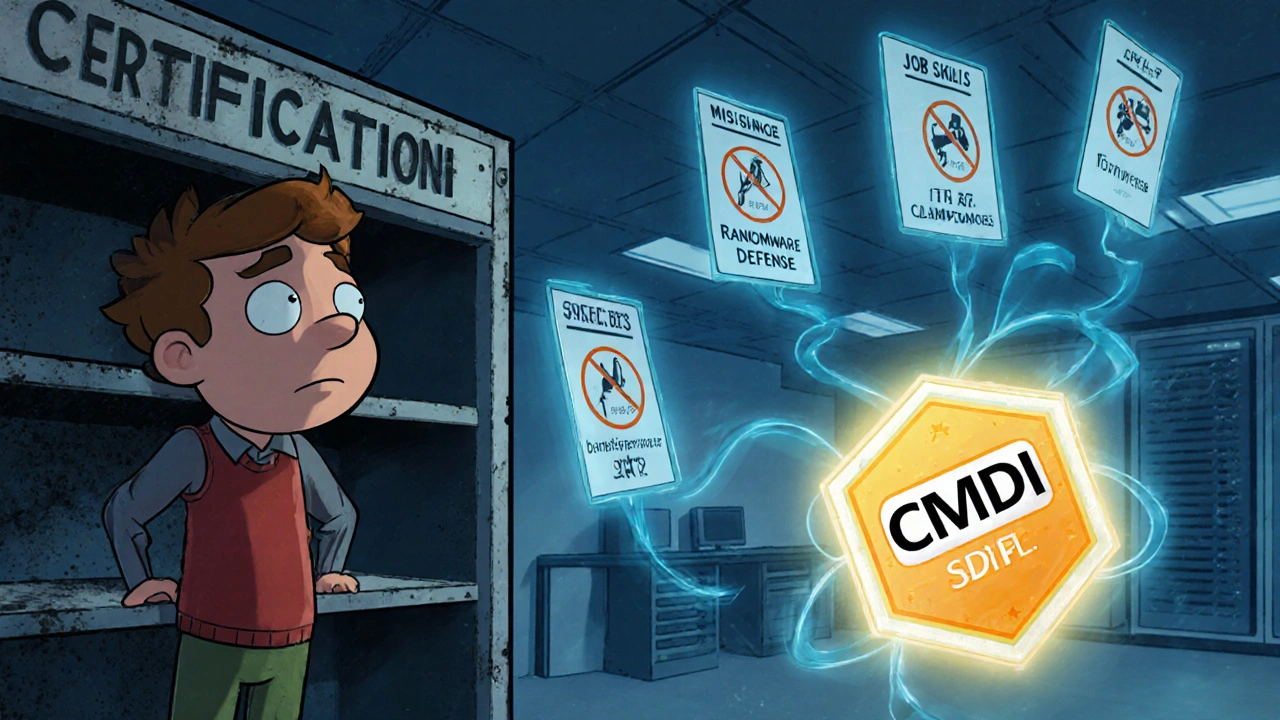Employer Recognition: How Employers Spot Real Trading Skills
When employers look for traders, they don’t care about fancy degrees or buzzwords. They want to know if you can read a chart, manage risk, and stick to a plan when the market turns ugly. Employer recognition, the process by which hiring managers identify traders with real, usable skills rather than just credentials. Also known as skills-based hiring, it’s what separates the people who get hired from the ones who keep applying. It’s not about how many courses you’ve taken—it’s about what you can do when no one’s watching.
Top firms don’t hire based on certificates alone. They look for proof: consistent trading logs, documented risk rules, clear trade journals, and real results—even if they’re small. Trading skills, the practical abilities like reading price action, managing position size, and controlling emotions under pressure. These aren’t taught in theory. They’re built through repetition, mistakes, and feedback. And employers know it. They’ve seen too many people with shiny course badges who can’t handle a losing streak. Job readiness, the state of having the hands-on experience, discipline, and documentation that prove you can perform on the job. That’s the bar.
What gets you noticed? A trading plan that shows discipline. A risk management rule you actually follow. A journal where you explain why you took a trade—and why you didn’t take others. Employers aren’t looking for perfection. They’re looking for consistency. They want to see that you understand markets aren’t about guessing. They’re about process. And that’s why trading certification, a verified credential that proves you’ve completed structured training with real-world simulations. matters—not because it’s a stamp of approval, but because it shows you’ve been held to a standard. It’s evidence you’ve practiced under pressure, not just watched videos.
Employers don’t care if you traded a demo account for six months. They care if you lost money, learned why, and changed your approach. They care if you can explain your edge in five sentences. They care if you’ve tracked your performance over time. That’s the difference between someone who talks about trading and someone who’s ready to do it for real.
Below, you’ll find guides that show you exactly how to build the kind of proof employers look for—how to document your progress, design a trading plan that holds up under scrutiny, and turn your learning into something that looks like a career, not just a hobby.

Global Certification Recognition: What Employers Really Look For
Global certifications mean nothing unless employers recognize them. Here’s what actually matters: accreditation, verification, hands-on testing, and relevance - not the country or brand name.

How to Create Certification Programs That Employers Actually Trust
Learn how to build certification programs that employers actually value-by tying credentials to real job needs, using performance-based assessments, and partnering with hiring managers to create trusted, measurable skills standards.